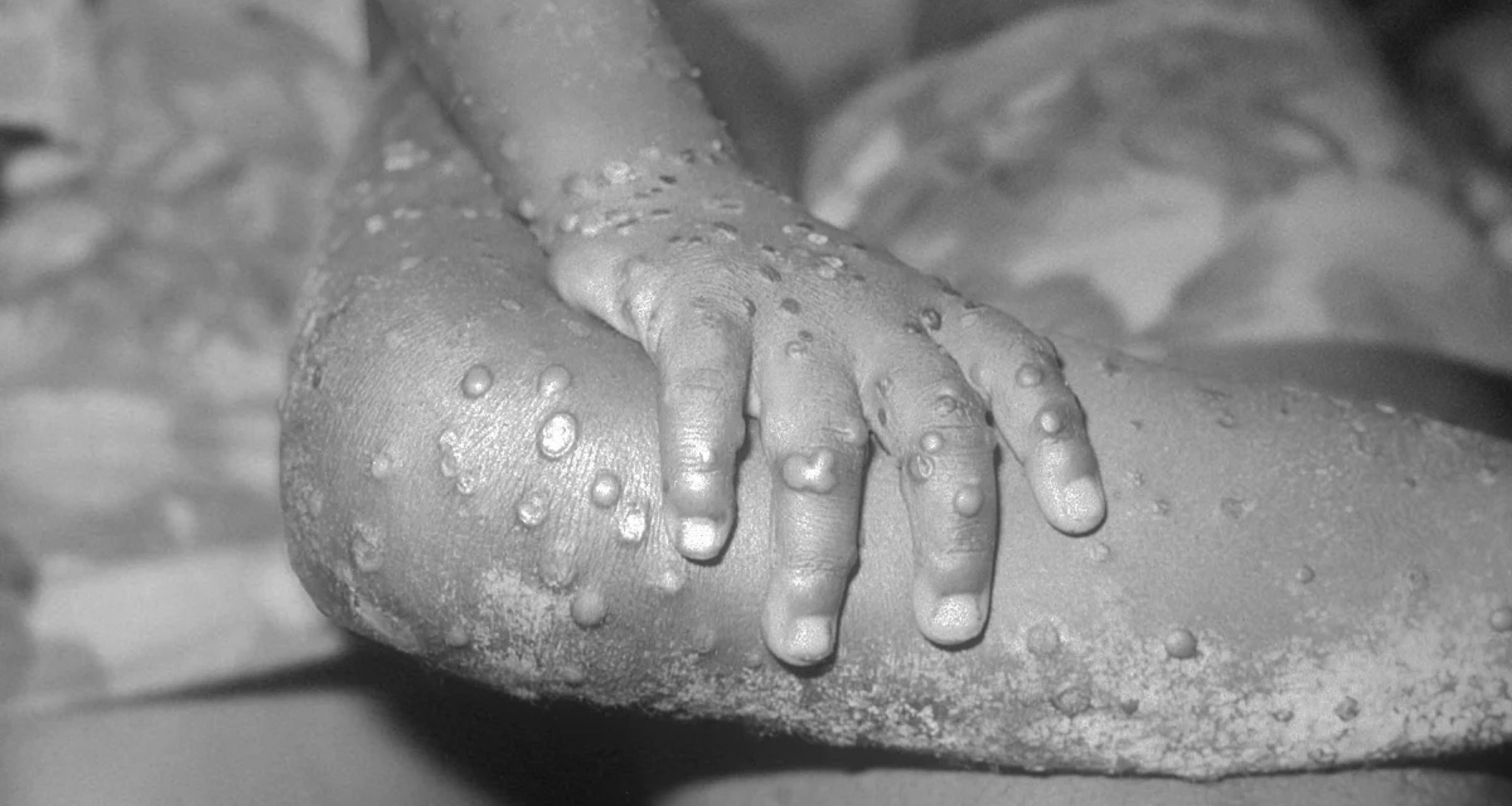Monkeypox: UN condemns ‘homophobic and racist’ coverage of outbreaks
Denouncing some media reporting of the monkeypox virus, UNAIDS warns of “exacerbating stigma and undermining the response”

Words: Emily Maskell; Image: Wiki Commons
With rising cases of monkeypox in the UK and globally, the United Nations’ Aids agency has warned of the potential harm that “homophobic and racist” reporting can inflict on stigmatised communities.
In a news piece published to gov.uk by the UK Health Security Agency, it is reported that “a notable proportion of early [monkeypox] cases detected have been in gay and bisexual men and so UKHSA is urging this community in particular to be alert.”
Some of the monkeypox coverage has placed blame on Africans and LGBTI people for the outbreak, in turn, perpetuating homophobia and racism.
In a published press release (22 May), UNAIDS states “that some public reporting and commentary on Monkeypox has used language and imagery, particularly portrayals of LGBTI and African people, that reinforce homophobic and racist stereotypes and exacerbate stigma.”
“Lessons from the AIDS response show that stigma and blame directed at certain groups of people can rapidly undermine outbreak response,” the statement continues.
Included in the press release is a comment from UNAIDS Deputy Executive Director, Dr. Matthew Kavanagh, who emphasises that this disease can affect anyone and that the perpetuation of harmful stereotypes only inhibits the public health response to monkeypox.
“Experience shows that stigmatizing rhetoric can quickly disable evidence-based response by stoking cycles of fear, driving people away from health services, impeding efforts to identify cases, and encouraging ineffective, punitive measures,” Dr. Kavanagh notes.
“This outbreak highlights the urgent need for leaders to strengthen pandemic prevention, including building stronger community-led capacity and human rights infrastructure to support effective and non-stigmatizing responses to outbreaks,” Dr. Kavanagh continues. “Stigma hurts everyone. Shared science and social solidarity help everyone.”
As of 21 May, the World Health Organization’s ongoing investigation has reported 92 laboratory-confirmed monkeypox cases and 28 suspected cases from 12 countries where the disease is not endemic, like Australia, the US and the UK.
As reported by BBC News, there have so far been 20 confirmed cases of the viral infection in the UK.
The UKHSA’s updated list of initial monkeypox symptoms includes “fever, headache, muscle aches, backache, swollen lymph nodes, chills and exhaustion. A rash can develop, often beginning on the face, then spreading to other parts of the body including the genitals.”
Anyone with concerns is being advised to contact NHS 111 or a sexual health clinic. People should notify clinics ahead of their visit.
